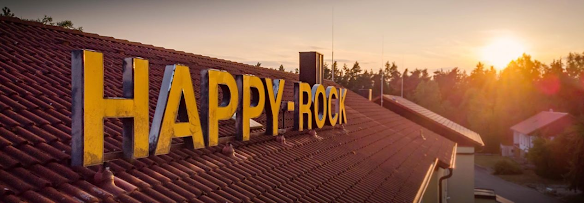In the heart of Liberty, Missouri, discussions surrounding housing have become more than just casual conversations—they've evolved into urgent dialogues reflecting the town's complex demographic landscape and its corresponding challenges.
With approximately 11,450 houses and a population of 30,000, Liberty faces the daunting task of balancing housing availability with the demands of a growing populace. However, the equation is far from simple. Limited land availability exacerbates the issue, leading to a pressing need for strategic urban planning.
The town's residential population has remained relatively stagnant over the years, contrasting with the exponential growth in industrial sectors and neighboring Kansas City. As Liberty grapples with its expansion options, annexation to the east emerges as a primary consideration. Yet, the feasibility and desirability of such a move remain open questions, with cost implications looming large.
One critical aspect of Liberty's housing landscape that often goes unnoticed is the increasing ownership by outside investors. This trend raises concerns about the town's long-term housing stability and community cohesion.
Moreover, the burden on the town extends beyond its official residents. Liberty's municipal services cater to an additional 85,000 individuals residing outside city limits, sparking debates about the fairness of responsibility allocation.
A contentious issue exacerbating these challenges is the residency of department heads. While traditionally expected to live within city limits, recent waivers have allowed many to reside in rural areas outside Liberty. This raises questions about their alignment with the town's priorities and their accountability in decision-making processes.
One recent instance highlighting this concern is the approval of a $60 million tax burden, where department heads supported a measure that wouldn't directly affect their own tax liabilities—a move that has drawn criticism from some quarters.
On the ground, the housing market paints a picture of scarcity and escalating prices. With only 43 houses currently listed for sale, the median price of $336,600 underscores the financial strain on prospective homeowners. For vulnerable demographics like older widowed individuals, each tax hike exacerbates concerns about affordability and stability.
The concept of "affordable housing" emerges as a polarizing point of discussion, with divergent views on its feasibility and profitability. While some developers dismiss the notion as financially unviable, others cite regulatory hurdles imposed by the city as a barrier to its implementation.
In essence, the issue of housing in Liberty, MO, transcends mere statistics—it embodies a confluence of economic, regulatory, and social factors. As conversations continue to proliferate, the town finds itself at a crossroads, grappling with the need for sustainable solutions that balance growth with community well-being.
By Josiah Bechthold


Comments